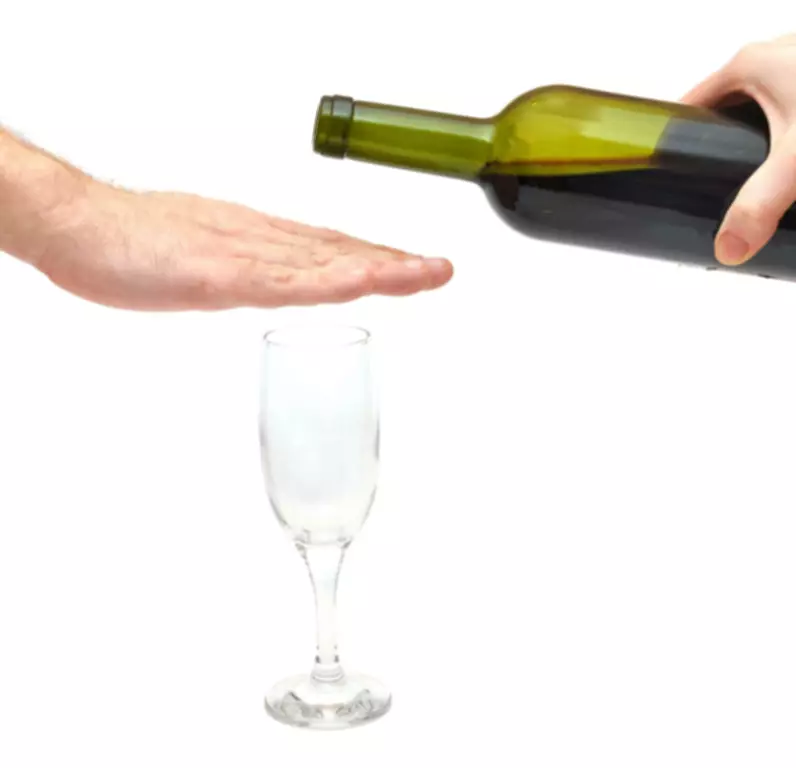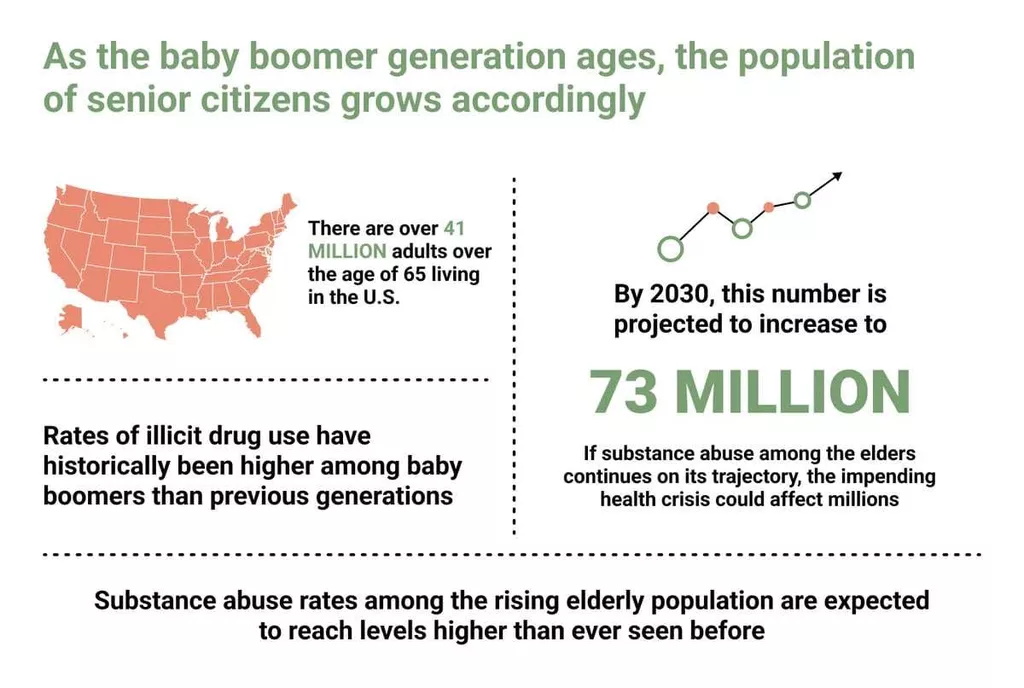
In general, expressing appropriate emotions is a skill that addicts struggle with early in their recovery. Nevertheless, it is important to remember to support your ongoing recovery and long-term sobriety; learning how to identify, deal with, and control anger is paramount. Understanding the relationship between alcoholism and anger is essential to continued success, and an alcohol rehab in Florida can help you with that.

SMART Recovery vs. A.A. – Is One Better?
- Seeking help is essential, but remember, managing anger and recovering from alcoholism requires effort.
- Sunshine Behavioral Health strives to help people who are facing substance use disorder, addiction, mental health disorders, or a combination of these conditions.
- It’s a natural human response when life seems unfair or something you value is under threat.
Alcohol impairs cognitive function, which means it is more difficult to problem-solve, control anger, and make good decisions when drinking. Decreased cognitive function also means it’s more likely for you to misread a situation and overreact. For example, if you’re intoxicated, you might perceive someone bumping into you by accident as a provocation and respond aggressively. Alcohol is used to suppress many different emotions that a person either doesn’t want to deal with or doesn’t know how to deal with, including anger. When someone doesn’t express or healthily deal with anger it manifests and boils up within. And cutting down or stopping has lots of other benefits too, for your physical alcoholic rage syndrome and mental health.

Lifestyle Quizzes

But effects to other neurotransmitters, including gamma-aminobutyric acid (GABA) and glutamine, may also be involved. So, someone may not be able to grasp the bigger picture of a situation. Instead, they may zoom in on a particularly small thing and have an overly aggressive response (2). Alcohol’s ability to temporarily reduce anxiety can also intensify the urge to https://ecosoberhouse.com/ act on impulse. If you’re less worried about what others will think, or of any consequences, you could be more likely to have a strong reaction when something upsets you (2).
- Anger is an emotion experienced when you feel threatened and frustrated, while aggression is a behavior in which you can harm yourself, your family, and others.
- Choosing recovery close to home means your support system is just a few miles away.
- This might involve a combination of therapy, medication, and lifestyle changes tailored to each individual’s needs.
- Understanding the difference helps in managing emotions in a healthy way, preventing harmful behaviors.
- Researchers found that participants who were less inclined to think about the future were more inclined to deliver shocks longer and harder, but especially if they were drunk.
Addiction rehab
- Once you’ve accepted that you have a problem, you can begin to understand and remedy the situation.
- When we aren’t concerned about consequences we may be more likely to act out in the moment.
- Once alcohol consumption is under control, anger management can begin.
- This means people who are constantly angry might take advantage of alcohol’s presence to unleash their emotions.
However, if a person is already dependent on alcohol, they will need to address that first. Table 3 indicates the presence of higher mean score on trait anger for dependent group. If you meet even one of these criteria, you’re in the Halfway house early states of alcohol addiction. Alcohol and other psychoactive substances are known for reducing our ability to recognize emotions and empathize with others.


Understanding your emotions and making smart decisions about alcohol consumption is the best way to avoid problems. There’s no better way to put it — properly addressing alcohol-fueled aggression is crucial for your well-being and relationships. By seeking recovery for problems with alcohol and anger, you can work toward a more positive life. Have family members or others mentioned concerns about your alcohol consumption? Did you recently experience an incident that stemmed from your alcohol-related aggression?
No responses yet